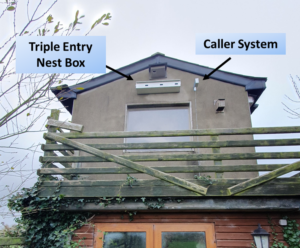Here at The Ballyboughal Hedgerow Society, we have been working closely on a Barn Owl project, alongside a neighbouring environmental group called the Garristown Biodiversity Group. They started the barn owl project in 2021, aiming to build and install barn owl boxes to support and grow the existing barn owl population.
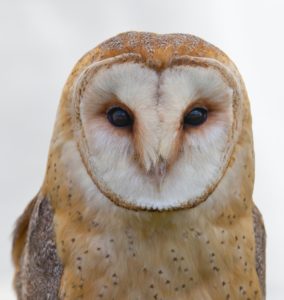
Barn Owls, or Scréachóg Reiligh as Gaeilge, are native to Ireland but their populations have been in decline due to the increasing loss of nesting sites, Traditionally, these birds would have nested in hollows in very mature trees in the ancient forests of Ireland. Following the deforestation of Ireland, they adapted and moved into barns and old buildings that had nooks and crannies where they could nest, but these types of buildings are increasingly being sealed.
To plan for this project, the group first created a survey which was sent far and wide across Fingal using community Facebook groups. The survey mainly asked for sightings of barn owls within the last 3 years in the Fingal area. They got a great response and had 28 positive sightings from all over Fingal.
With this information in the bag, it was time to get cracking on the project, and the first port of call was to link in with John Lusby of Birdwatch Ireland and give him details of the plan, the designs they intended to follow for the nest boxes, and the prerequisites that needed to be met on a site before installation. Throughout several calls and emails with John, the group added to their knowledge and strengthened the list of prerequisites to be checked before the box building started.
The prototype boxes were built – one external and one internal – in January 2021. The initial plan was to build five external boxes and five internal boxes, to be installed before the end of 2021. A notice was placed on the Garristown Biodiversity Group’s Facebook page, and locals started to get in touch with suggested locations and show their support for the initiative. Ballyboughal Hedgerow Society had also received a grant to buy two barn owl boxes, so we teamed up to source suitable locations.
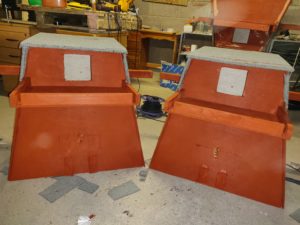
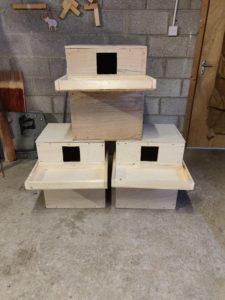
In 2021, ten boxes were installed, and by November 2022, a further three boxes had been installed, with 2 more to be installed before the end of the year.
The boxes are installed from St Margaret’s to Ardcath, and from Ashbourne to Rolestown – and everywhere in between! Three are currently installed in Ballyboughal, with a fourth to go in before year’s end.
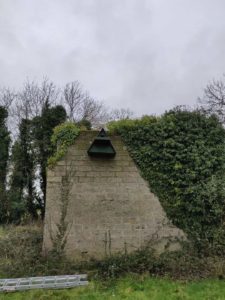
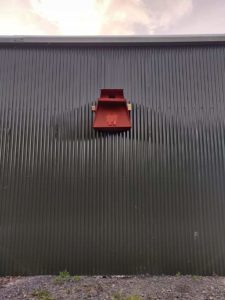
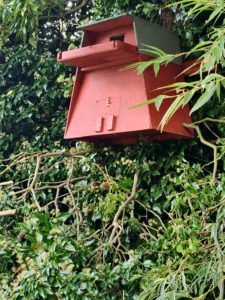
Over the next few years, we will use non-invasive monitoring of the boxes to check our success levels. We will expand the project by installing more boxes if we see a big uptake. We are hopeful that these nest boxes will provide much-needed spaces for barn owls to lay their eggs and raise their chicks, and hopefully, it will go a small way towards reversing the fortunes of this declining population.
What can you do to help?
One of the biggest contributors to the decline in Barn Owls is the use of rodenticide, which owls ingest after eating poisoned rodents. If you feel you have no option but to use rodenticide, please follow the guidelines published by John Lusby and Teagasc here.
Article provided by Stephen Whelan, 30th Nov. 2022

